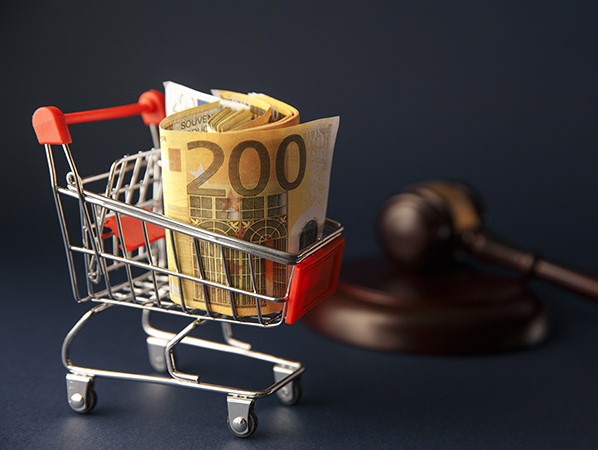
More and more people say that they care about products being sustainable, animal-friendly, and environmentally friendly. Companies and manufacturers use quality labels to show their customers that they meet this demand. But, as a manufacturer, what kind of statements can you make on the packaging of your product or in an advertisement or commercial?
The majority of the quality labels are not subject to laws and regulations. They are often introduced as an initiative of the industry itself, so they can be seen as a form of self-regulation. Nevertheless, a quality label on packaging or used in a commercial can become the subject of discussion with the Dutch Advertising Code Committee. With regard to this self-regulation of promotion, people or companies can file a complaint with this Committee when they believe that the (advertising) statement combined with the quality label is incorrect and/or misleading for the consumer. This means that there offers some form of control.
An example of such a case involved the Deen supermarket chain. In one of its advertising campaigns, Deen stated that its pork and chicken assortment had been made optimally sustainable. Stichting Wakker Dier - a foundation that aims to safeguard animal welfare - filed a complaint with the Advertising Code Committee on the grounds that the statement was incorrect. And the foundation won the argument. The Committee ruled that the supermarket chain did not further explain its sustainability claim, which is one of the requirements. For that reason, the claim is incorrect and misleading. Another example involves the advertising statement made by supermarket chain Albert Heijn, and this time the claim was considered as unfounded. During the "Doe Maar Lekker Duurzaam" campaign, the consumer was stimulated to choose a more sustainable product because "sustainable food is better for mankind, animals, and the environment". This resulted in a complaint. And this time, without success. The reason to find the complaint unfounded was that Albert Heijn had added an explanation to the advertising statement. Albert Heijn explained that the quality labels on the products refer to their 'sustainability', and they listed the various quality labels. With this explanation, it had been made sufficiently clear to the consumer what the referral to sustainability entailed.

The EU quality label 'organic', on the other hand, is subject to laws and regulations. An agricultural product or food product can only be given this label when the production process is in compliance with statutory provisions and the company has obtained the Skal certification. Skal is an independent authority in the Netherlands, responsible for - amongst other things - the inspection and compliance of organic production methods. As demonstrated by a recent ruling of the highest institution, the Administrative Court for Trade and Industry, the supervision by Skal can result in serious consequences. This ruling describes the situation in which Skal, based on an inspection, established that a poultry business was selling eggs with an 'organic' label even though it did not have the Skal certification and that the eggs had also not been produced according to the legal standards. The poultry business was given a fine of €7,500.
"Look before you jump!" seems to be the motto when it comes to using quality labels. Use such labels when you are absolutely certain that the statement is correct and that the consumer is not misled. Before you know it, you find yourself targeted by a foundation like Wakker Dier, an NGO, or even by a competitor, and you, as a company, also run the risk of getting a slap on the wrist from the Advertising Code Committee. It gives a huge amount of negative publicity and it weakens your credibility. And be extra careful when you manufacture and sell products with the 'organic' label (irrespective of the discussion whether organic is also automatically sustainable). The term 'organic' is subject to strict laws and regulations.
* Nino Bruggers works at the law firm DVAN Advocaten and is specialised in the area of the food sector.
Source: © Vakblad Voedingsindustrie 2019